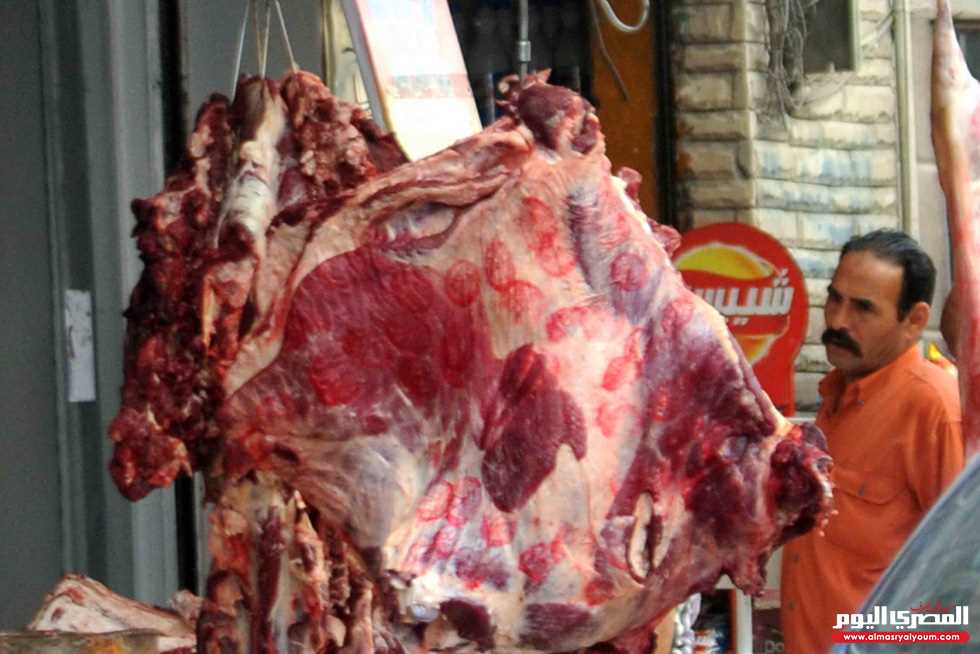More cars are rolling down Cairo’s crowded streets than ever before. Nevertheless, 2009 has proven to be a tough year for the local automotive industry.
“It’s not fair to compare 2008 to 2009,” said Khaled Hosny of local car dealership Abou Ghaly Motors and spokesman for the Automotive Marketing Information Council (AMIC). “Because of the recession, there’s been a kind of freeze in the market.”
Sales through the end of August fell by 32 percent market-wide compared to the same period last year, according to AMIC figures. Passenger cars in a government taxi-upgrade program represented roughly 10 percent of sales volume, but when these are removed from the equation, sales are found to have fallen by almost 40 percent.
“It’s still better than anticipated,” said industry consultant Adel Gazarin. “The negative effect was expected to be greater.”
Analysts say that the current recession has hit the local manufacturing industry the hardest. In fact, the auto industry worldwide has felt the sting of the crisis. “We cannot discount the crisis that’s happening around the world,” Hosny said.
The “Big Three” American automakers — GM, Ford and Chrysler — recently received a combined $85.3 billion in bailout money from the U.S. government. Nevertheless, GM — which by itself received $50 billion — recently announced it would shut down its Saturn and Pontiac brands and sell off its Opel and Saab brands. It has already sold its line of Hummer-brand vehicles to a Chinese company.
While American auto industry pioneers are reeling from both the recession and mismanagement, Asian manufacturers in China, Korea and India continue to expand. Meanwhile, the travails of U.S. manufacturers have had little impact on the Egyptian market, since brands like Chevrolet in Egypt are sourced from Korea.
“Detroit can fold 100 times over and we’ll still get our vehicles,” Youssef Mansour, chairman of Mansour Manufacturing and Distribution, told the Economist Intelligence Unit earlier this year. “For us, it’s not really an issue what happens to GM. We’ll pay a royalty somewhere to use the Chevy brand name.”
Asian manufacturers, which mass produce low-cost automobiles, continue to pose the most serious challenge to Egypt’s much smaller-scale car industry.
“Egyptian manufacturers aren’t happy with competition coming from China,” said Gazarin, who ran the now defunct state-run Nasr Auto in the 1980s. “Now, sales of imported cars exceed those of locally-assembled cars by 50 percent, which is affecting the industry negatively.”
Gazarin added that the Agadir Agreement — which aims to facilitate trade between Egypt, Morocco, Tunisia and Jordan — has also served to pressure local manufacturers, since it allows goods with a minimum amount of local value-added to be exported duty free.
Indeed, the future of local car manufacturing could be a grim one. Starting in 2010, the government will begin gradually reducing customs duties on automobiles before phasing them out completely in 2019. While this should benefit consumers — or at least increase margins for dealers — it does not bode well for local carmakers.
“Most manufacturers will shut down,” Gazarin said. “The cost of assembling in Egypt is still high due to the small quantities produced.”
This year, sales of locally assembled cars dropped more than did those of foreign-assembled cars, with the former falling by almost 37 percent in August and the latter by almost 31 percent. “This indicates a growing trend towards finished cars over locally manufactured models,” the AMIC report states.
In recent years, the market share of foreign-assembled vehicles has increased, surpassing that of local manufactures in 2007. Given scheduled customs reductions, this trend will likely continue.
“Local assembly is expensive,” Gazarin said. “Without protection, they won’t be able to compete — especially with the looming invasion by China and India.”
The Egyptian auto manufacturing industry is not, however, beyond redemption, Gazarin pointed out. He noted that manufacturers of automotive wire harnesses, for example, the production of which is highly labor intensive, have been successfully exporting their product to European markets.
“I’m still hopeful that Egypt will be able to attract a big international company from the Far East or Europe to come and start car manufacturing on a major scale,” he said. “With the use of trade agreements, they could then export their product to African countries.”




